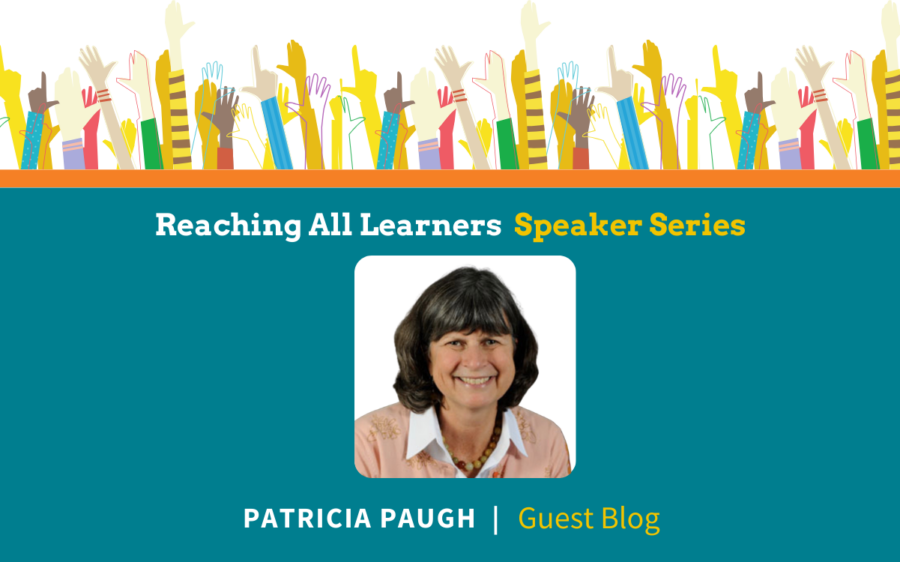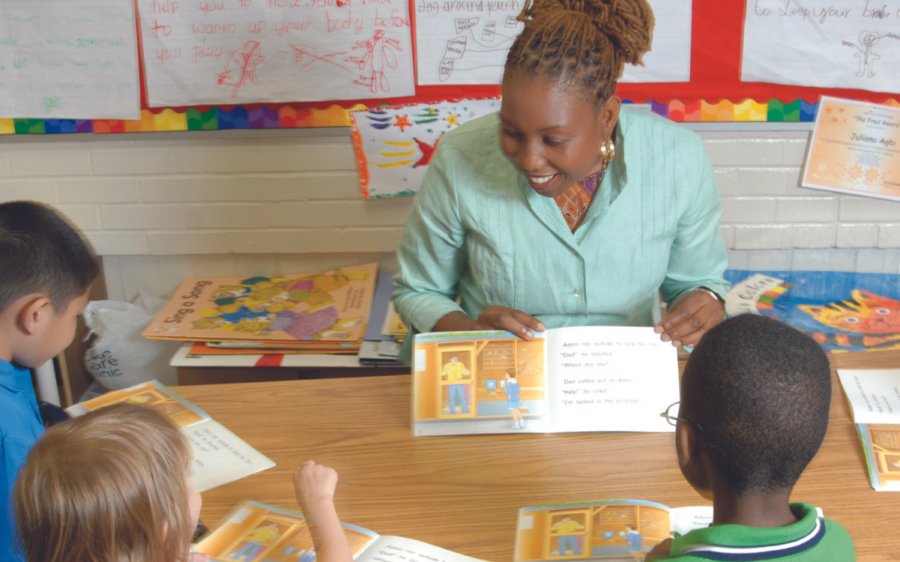As the school year draws to a close, you may find teachers navigating the final stretch of what has been a challenging yet rewarding journey. The end of the year may feel rushed as teachers wrap up lessons, finalize grades, and prepare for a well-deserved break. So, how can coaches help empower teachers to navigate the end-of-year homestretch? By creating opportunities for end-of -year reflection.
The Importance of End-of-Year Reflection
Throughout the year, you have been a thought partner with teachers helping them to reflect on student learning and instructional decisions. Reflecting at the end of the year is unique because teachers are reflecting on the big picture, not only on one lesson or unit. End of year reflection helps teachers to celebrate successes and acknowledge the work they have done that led to improved student outcomes. When we acknowledge our successes, we feel more energized to do the work because there is a sense of accomplishment and self-efficacy. While this school year is still fresh on everyone’s minds, take hold of the opportunities to lift teachers’ emotions by organizing an end of year reflection session.
Facilitating Reflection
Reflection can be done one-on-one with teachers, in grade level teams, or in small groups. It doesn’t need to take long. By providing a few, well-crafted reflection questions and providing time to pause and reflect, you can help teachers gain a deeper understanding of their teaching practices, identify what worked well, and consider ways to improve for the future. Try to create an atmosphere for teachers that is calm and quiet where they can focus solely on their thoughts without distraction. You may want to play soft, soothing background music and provide light refreshments. The goal is to create an ambience that is relaxing and pleasant.
One structure you might try is to start with quiet-time for individuals to reflect on the questions you provide, and then move into small groups where teachers can share their reflections with one another.
Some possible prompts are:
- What were some successes this year? What worked?
- How has your teaching grown or changed over the school year?
- What have been some challenges this year and how were you able to overcome them?
- What is one way you’d like to grow your practice to impact student learning next year?
Finally, ask the teachers to record one or two goals for next year and share those with one another. As a coach, this is an opportunity for you to collect information to help you think about the professional learning plan for next year.
Personal Reflection
Dear coach, don’t forget about yourself! It is important for you to create time and space to reflect on the impact of your coaching work this year. Sure, you can do it on your own, or do you have coaching colleagues who you can meet with to reflect – either virtually or in-person? Remember to help each other slow down, pull back, and think deeply about your work with teachers.
The time is now to help your colleagues slow down and reflect on what they have been doing, why they have done it that way, and how they can continue to learn and improve upon their practice next year. Reflection takes time and practice. It allows you to gain perspective, learn from your experiences, and strengthen your decision-making skills in the future. Finish the year strong and set the stage for a smooth transition into the next school year by taking time to reflect.
Coaches, continue to grow your practice by joining one of our summer institutes or workshops designed specifically for literacy coaches and teacher leaders. Set yourself up for a successful new year with our offering, “The First 20 Days of Literacy Coaching,” or investigate our three-part series, “Literacy Coaching Essentials: The What, Why, and How.“





